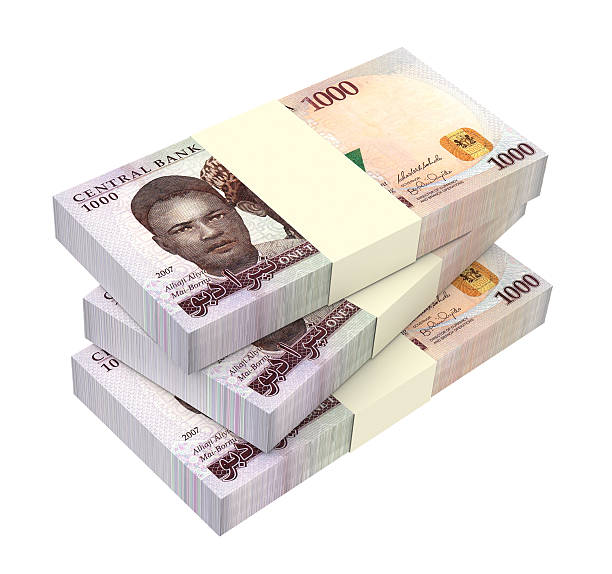The World Bank has thrown the national currency, the Naira, under the bus, describing it as one of the “worst-performing currencies in Africa.”
The Bank says Naira has weakened by nearly 40% against the American dollar since its devaluation last June.
The Bank’s submission was contained in its report titled, ‘Africa’s Pulse: An analysis of issues shaping Africa’s economic future (October 2023 | Volume 28).’
It stated that, “So far this year, the Nigerian naira and the Angolan kwanza are among the worst performing currencies in the region: these currencies have posted a year-to-date depreciation of nearly 40 per cent.
“The weakening of the naira was triggered by the central bank’s decision to remove trading restrictions on the official market. For the kwanza, it was the decision of the central bank to stop defending the currency as a result of low oil prices and greater debt payments.”
Other currencies with significant losses so far in 2023, according to the World Bank, included South Sudan (33 per cent), Burundi (27 per cent), the Democratic Republic of Congo (18 per cent), Kenya (16 per cent), Zambia (12 per cent), Ghana (12 per cent), and Rwanda (11 per cent).
It noted that parallel exchange market rates are also compounding inflationary problems for some countries in the African region.
Reiterating the reasons for Naira’s shameful outing, World Bank says, “However, resistance toward the increasing pressure on the Nigerian naira coupled with limited supply of FX at the official window has led to the reemergence of the parallel market premium.”
Stating the contributions of the activities of the Bola Tinubu administration to the scenario and how it impacts household purchasing power, the Bank said, “The incoming Tinubu administration implemented a series of reforms that included the removal of fuel subsidies and the devaluation and unification of the exchange rate system. Petroleum prices have more than tripled since the subsidies were lifted at the end of May.
“The naira has weakened by nearly 40 per cent against the US dollar since the mid-June devaluation. Although these measures are intended to improve the fiscal and external accounts of the nation, their inflationary effects in the near term can erode the purchasing power of households and weigh on economic activity.”


